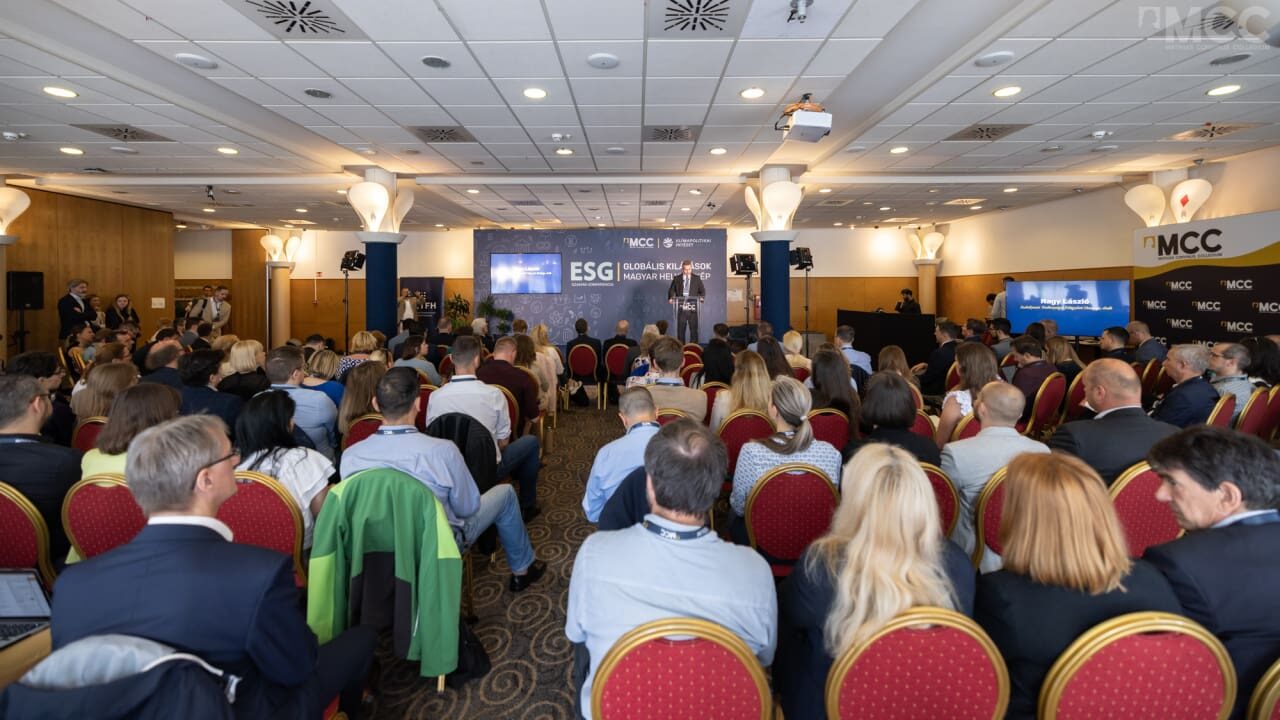
MCC Hosts Conference on ESG to Share Insights into the Future
The 4 June conference organized by the Climate Policy Institute of the Mathias Corvinus Collegium focused on ESG and its effects on society, the economy, business and social perceptions.

The 4 June conference organized by the Climate Policy Institute of the Mathias Corvinus Collegium focused on ESG and its effects on society, the economy, business and social perceptions.
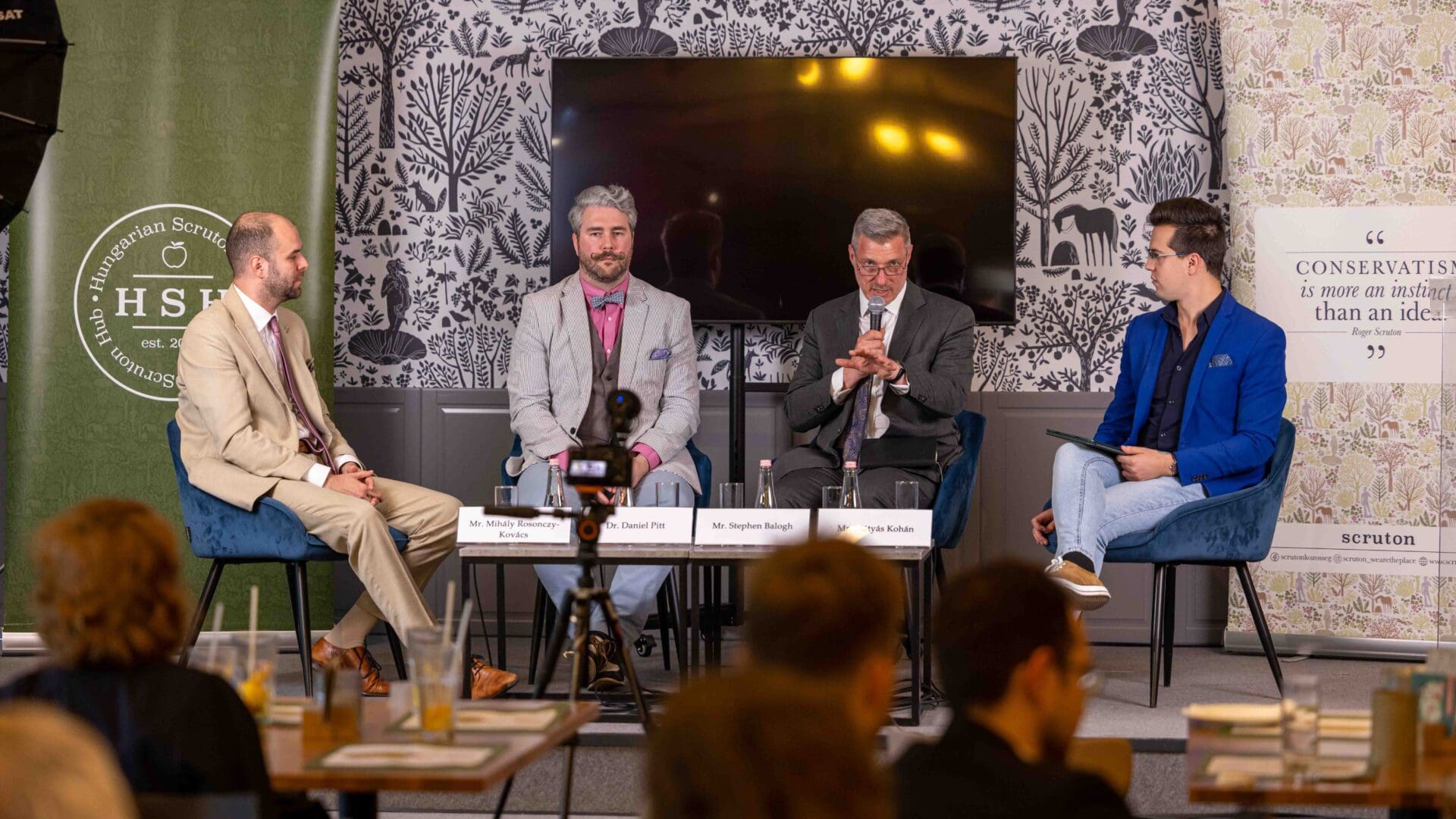
A vibrant panel discussion on 30 May 2024 in Budapest looked at the impact of Brexit on Europe and the EU, and on the importance of nation-states and the conservative movement in a changing Europe.

According to a survey by the MCC Youth Research Institute, 53 per cent of Hungarians aged 15–29 have used ChatGPT or other similar AI tools in the past. A vast majority of them find the new technology useful, with 23 per cent being of the opinion that it is very useful, and 66 per cent that it is rather useful.
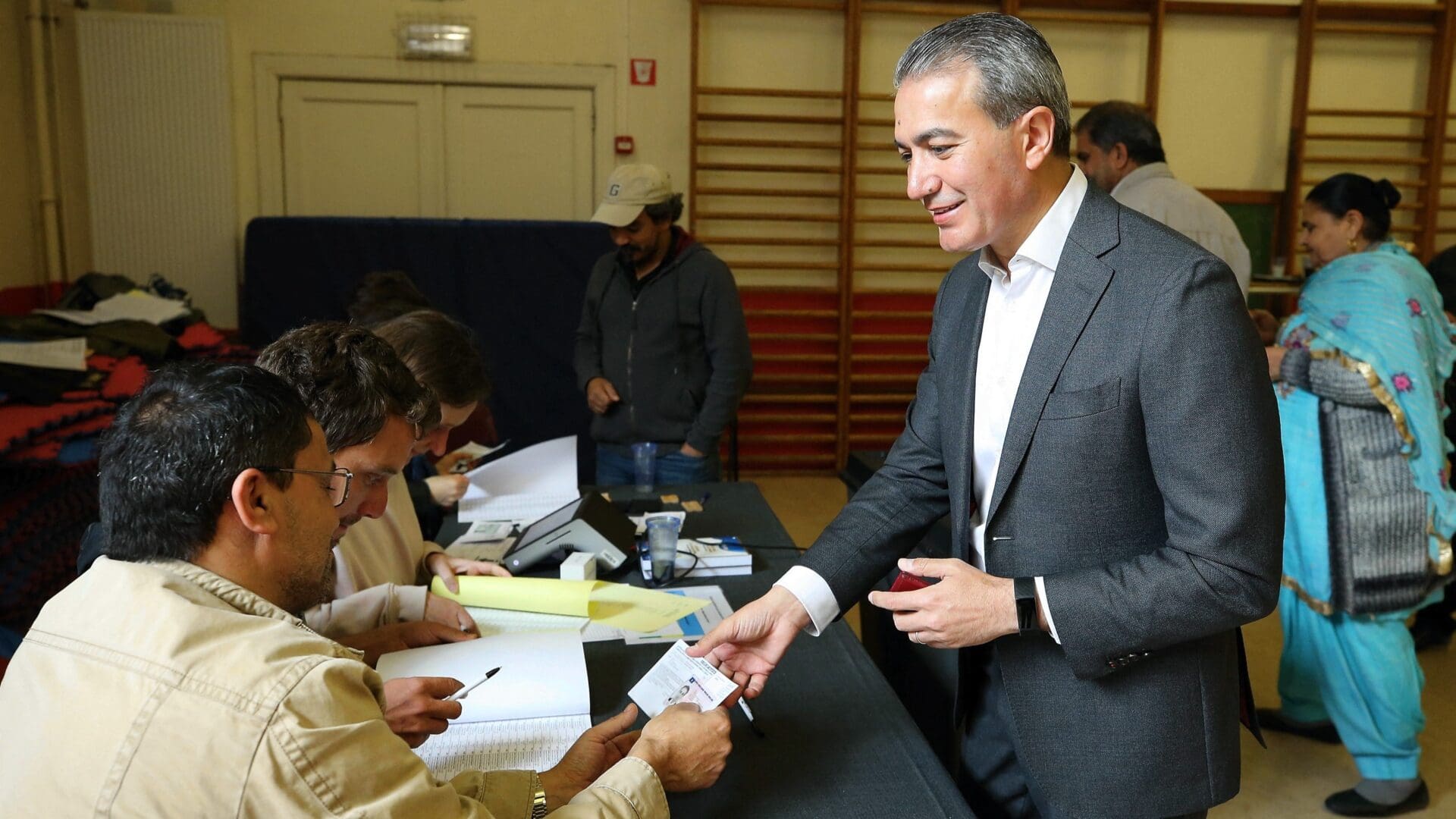
The district mayor of Saint-Josse-ten-Noode in Brussels, Emir Kir, issued an administrative order to prohibit the National Conservatism Conference (NatCon) scheduled for 16–17 April, citing ‘ensuring public safety’ as the reason. MCC, a co-organizer of the event, has now launched legal proceedings against Kir, claiming that the order violated the right of free speech.
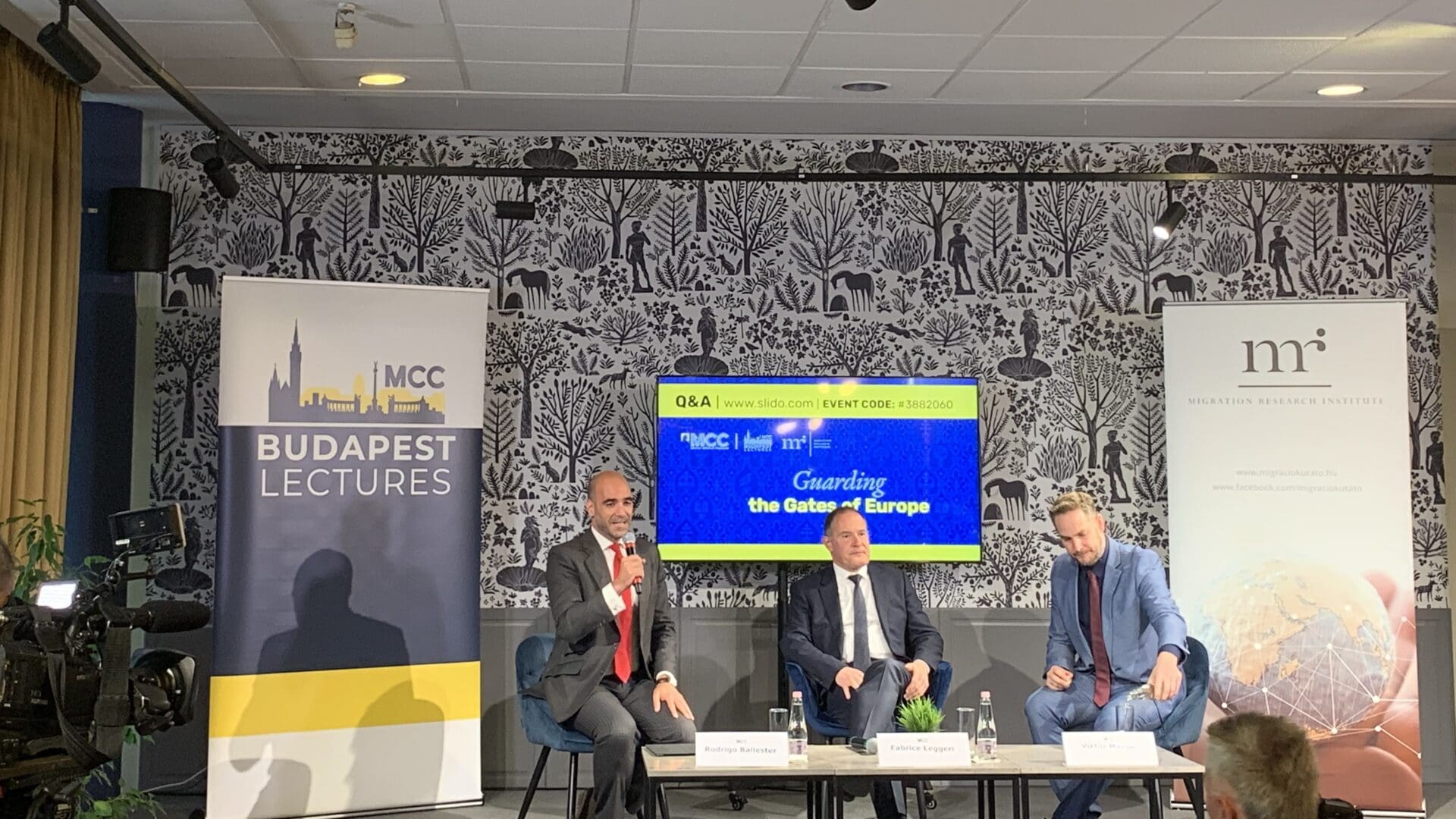
Fabrice Leggeri, the ‘guest of honour’ at the event, who served as the director of Frontex from 2015 to 2022 opined that the European Union as a rule attempts to dissuade member states from defending their own borders.
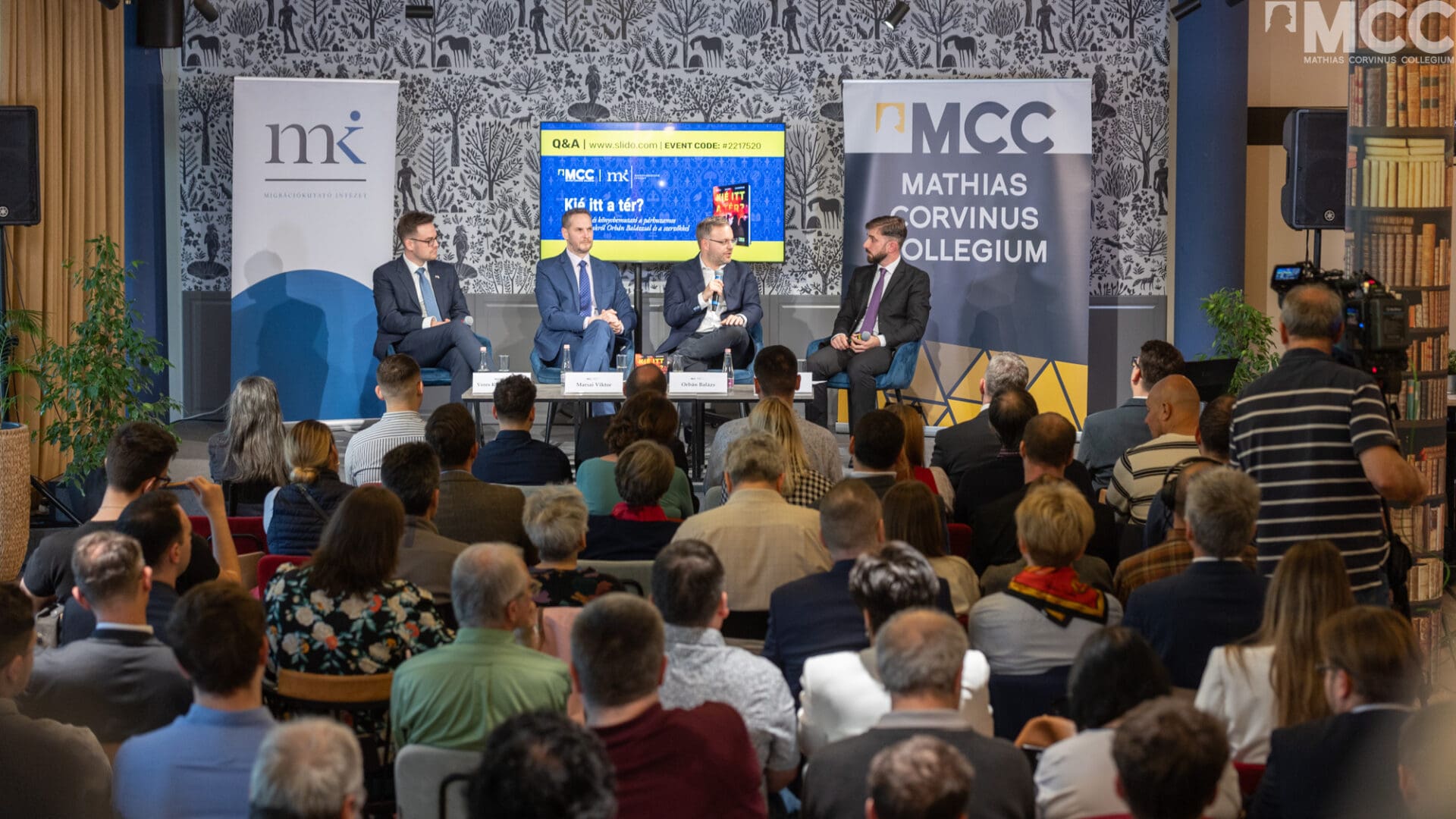
At the launch event of the new book published by MCC Press and the Migration Research Institute titled Kié itt a tér? (Who does this space belong to?) a panel discussion was held on the dire consequences of uncontrolled immigration, the failures of integration, and possible solutions.

The one-year programme starting in the autumn begins with intensive preparation, focusing on imparting basic competencies and knowledge, followed by a six-month period during which students gain deeper insights into the essence of leadership.
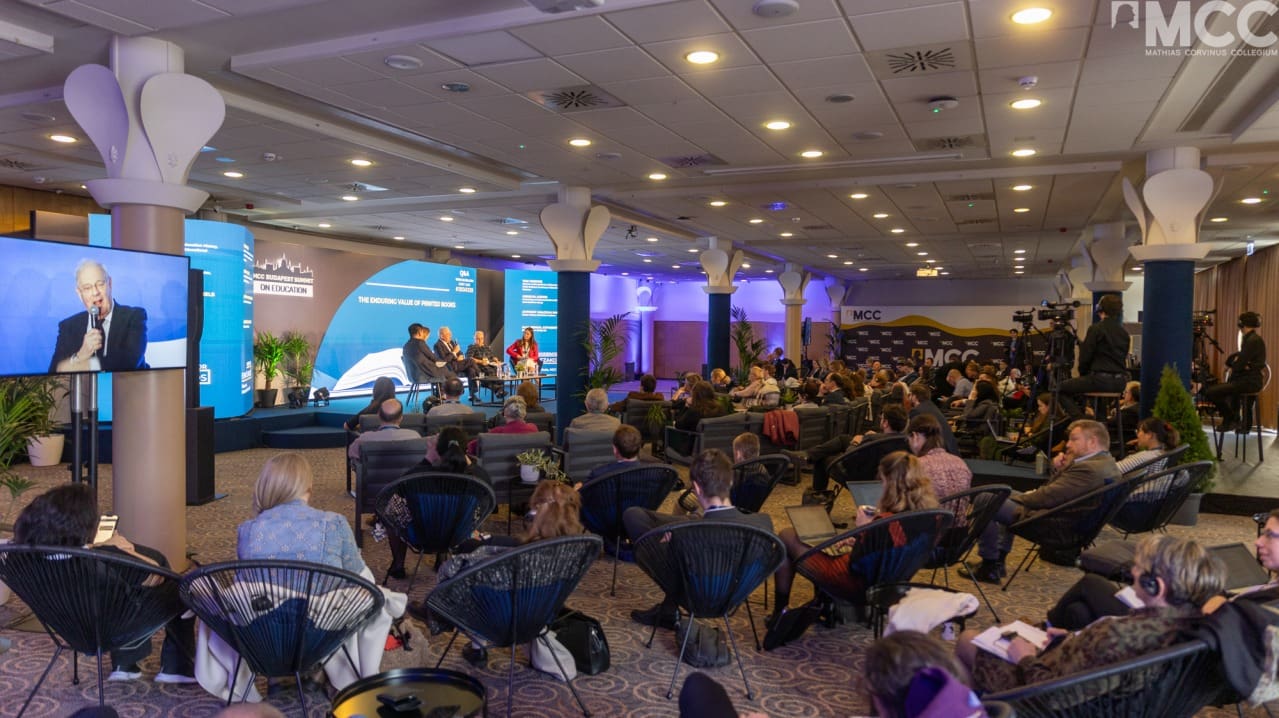
The high-profile conference on education continued with its second day at the MCC Budapest campus, with another slew of illustrious expert guests sharing their knowledge and opinions regarding the role of family versus the role of a school in a child’s education, the role of philosophy in education, and the current state of print books.
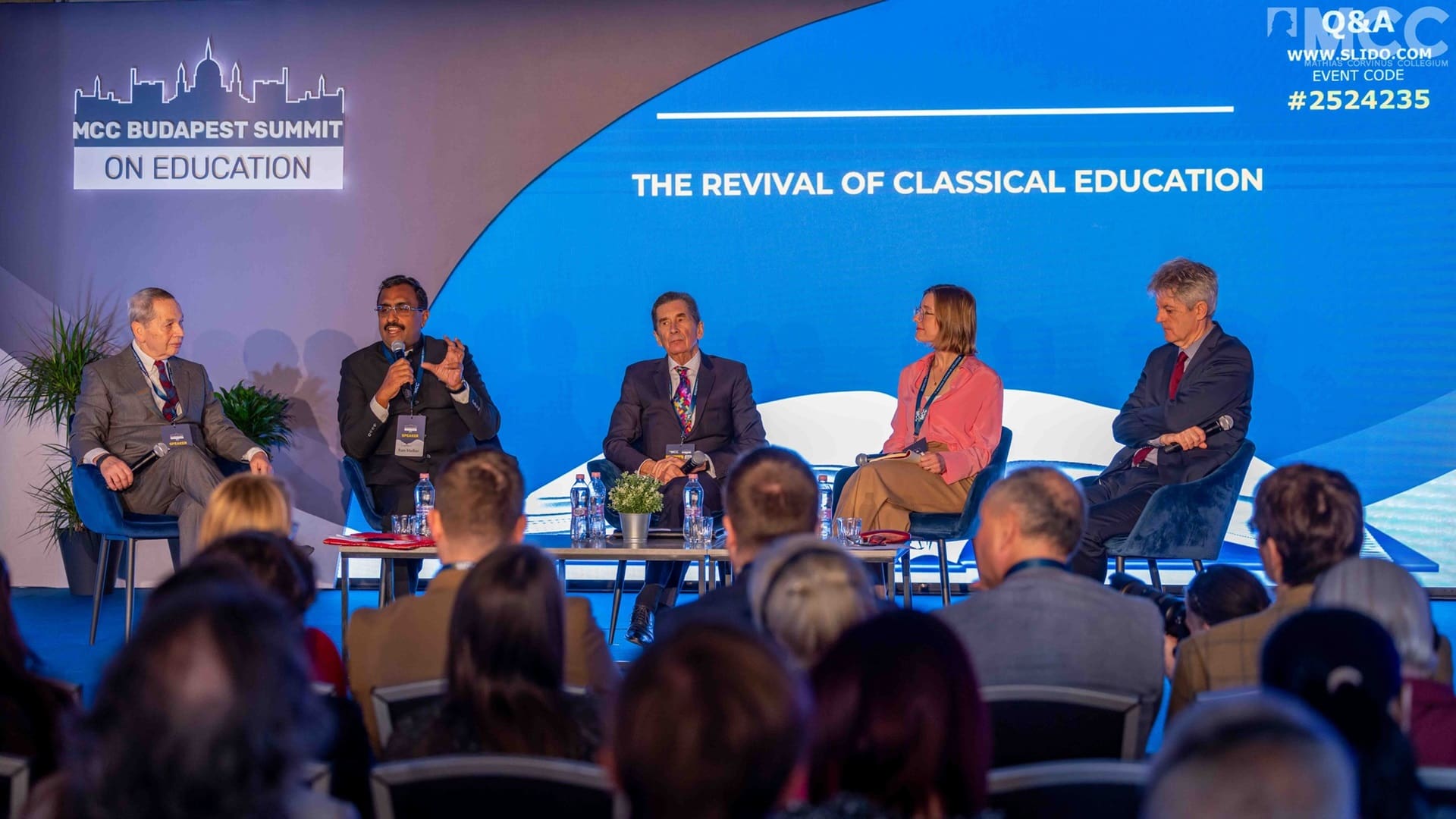
The event featured insightful and fascinating discussions on the possible revival of classical education, the dangers of political activism in the classroom, and the perils of the use of artificial intelligence in teaching.
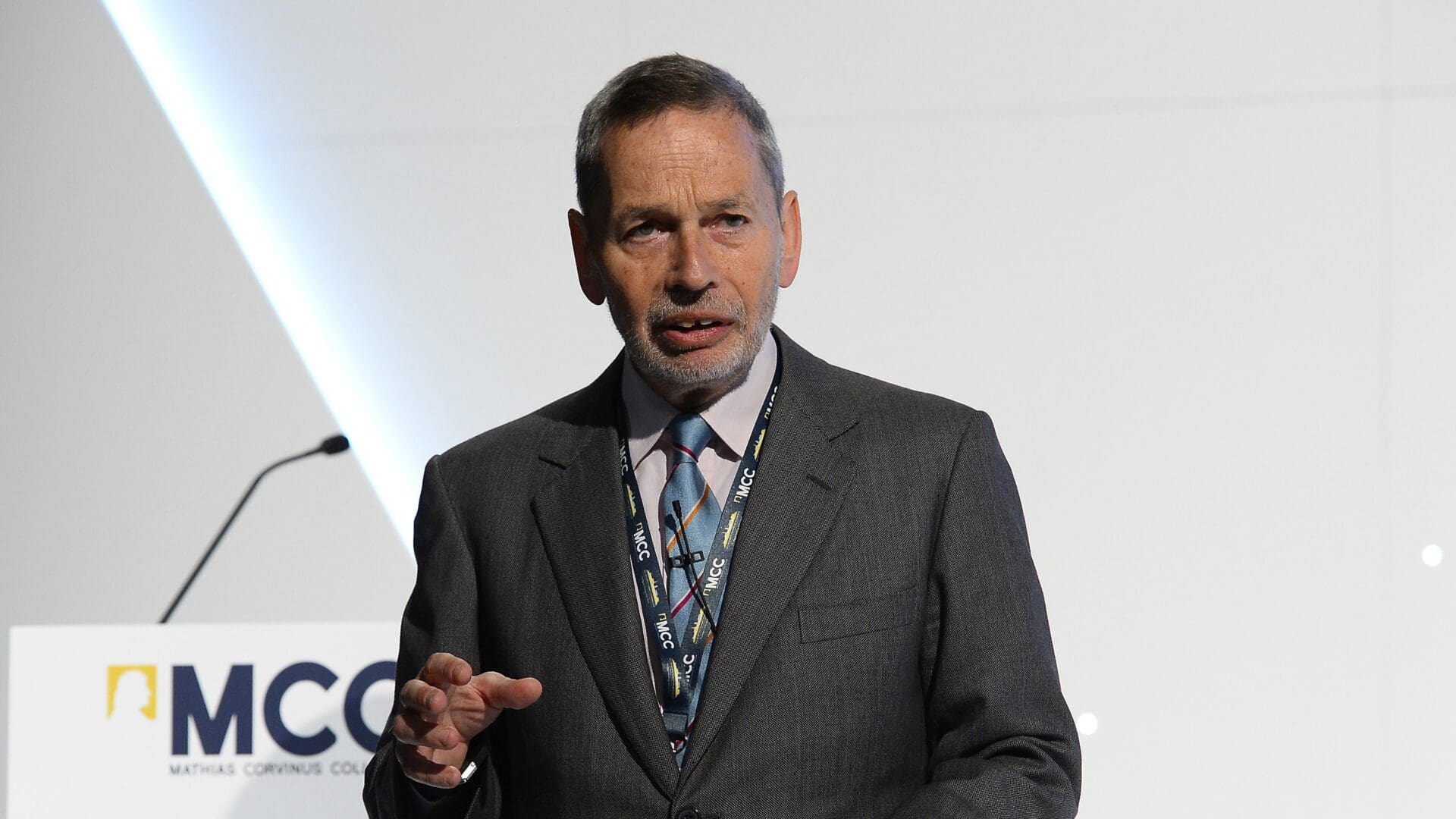
According to MCC Brussels Director Frank Füredi, it is crucial to intellectually empower children, and if the quality of teaching does not improve in classrooms, the future of education itself is at risk.

Hungarian Conservative is a quarterly magazine on contemporary political, philosophical and cultural issues from a conservative perspective.